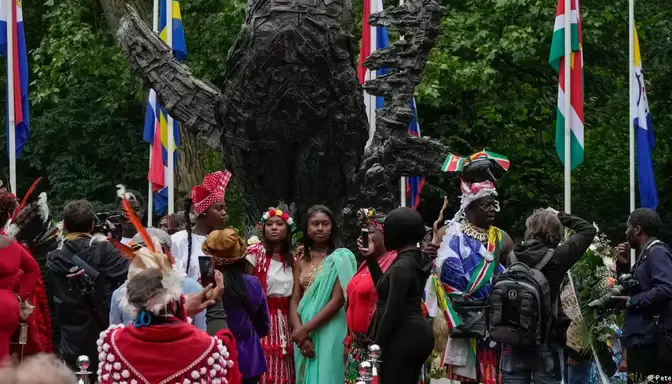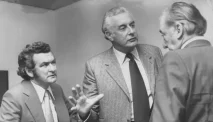Enslaved Africans were also forcibly transported to Dutch colonies in the Indian Ocean, such as present-day Indonesia, and enslaved Balinese or Javanese people were relocated to what is now South Africa.
Overall, 15% of the enslaved individuals brought from Africa to the Americas in the transatlantic trade did not survive due to harsh conditions during the crossing, not to mention the many who died before even leaving Africa.
The survivors and their descendants faced brutal plantation lives, enduring forced labor and often cruel punishments for perceived disobedience. The Netherlands was one of the last European countries to abolish slavery in its colonial territories.
From apologies to reparations demands According to Mia McMorris, a researcher at the University of the West Indies Center for Reparations Research, the appropriate apology for slavery and its direction are clear.
“An apology should have three dimensions. The first is responsibility, which should mean understanding and acknowledging one’s mistakes,” she said.
The second is addressing present-day legacies, tackling “the perpetuation of colonial narratives, racial profiling, anything that promotes racial inequality,” said Mia McMorris. And the third is redemption.
There are very few real-world examples of reparations, said Wouter Veraart, a professor of legal philosophy at the Free University of Amsterdam.
The key lies in the 1952 negotiations between post-Nazi West Germany, Israel, and the Claims Conference, a Jewish diaspora umbrella organization after the Holocaust.
“The reparations offered and negotiated between West Germany and Israel were not based on calculating all the profits or losses but on what was needed in Israel at that time,” he explained.
Last year, Germany officially recognized the early 20th-century genocide in Namibia and pledged approximately €1 billion in development assistance as reparations.
“If you truly want to confront this history and no longer ignore it, why not engage in dialogue with Suriname, for example, about what reparations mean?” said Wouter Veraart.






